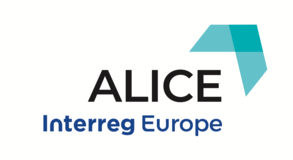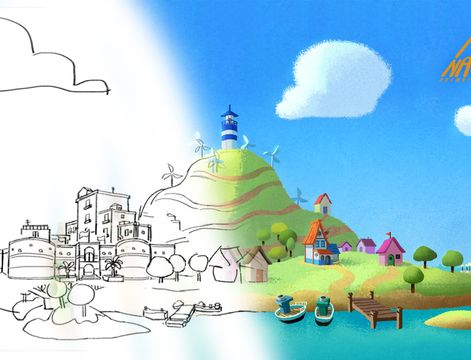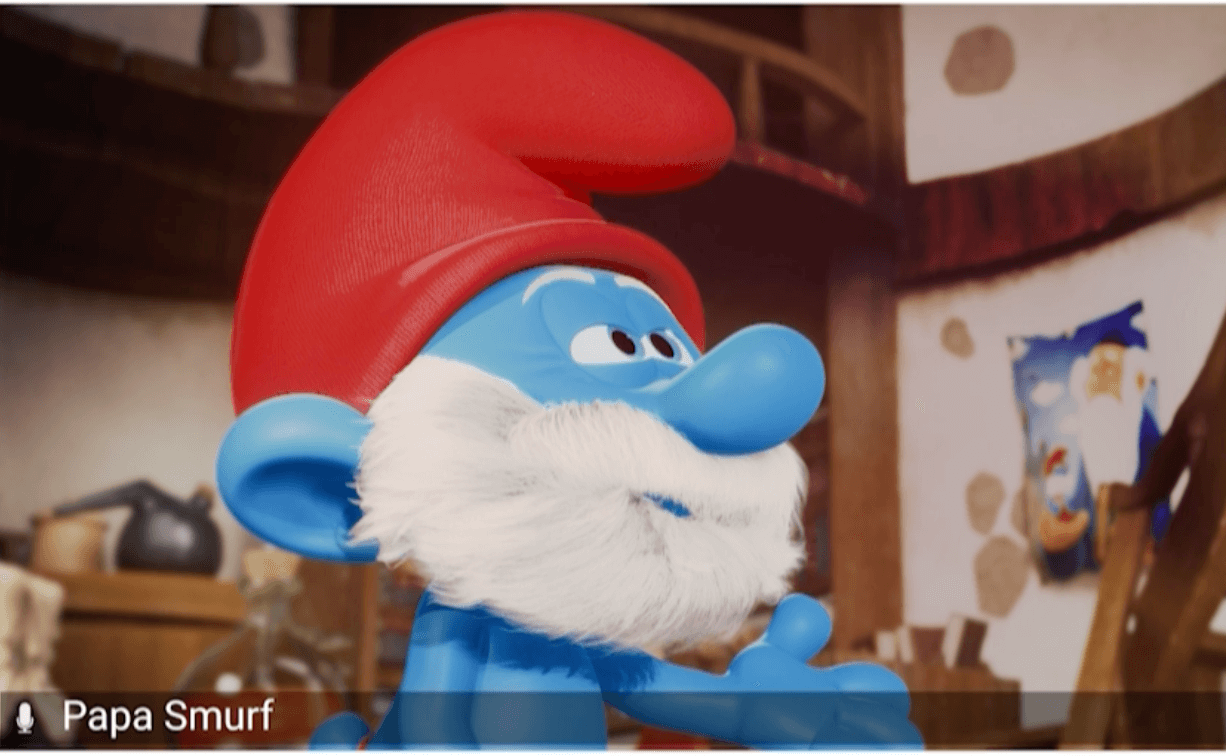To collaborate, animation creators, whatever their country of origin, need to speak the same language. One challenge in the European industry, in its current state, is the lack of a common terminology for job profiles as well as for the operations of the production chain. The use of such terminology would make it much easier to find the ideal co-production partner and would improve the mobility of talent, the optimization of resources and the training of European professionals.
As the partner leading ALICE’s working group on education and training, the Apulia region soon ran into this issue. Reflecting on how to train quality professionals fitting the needs of the animation market required that they first identify the profiles and the skills wanted. Therefore, they started the work with an extensive survey conducted across the six regions of the ALICE project in Italy, France, Spain, Slovakia, Poland and Belgium.
The whole process, guided by an expert in training, took four months and involved the participation of SMEs, schools, universities and training centers as well as policy makers. It required the set-up of questionnaires tailored to the activities of private companies, educational institutions and public organizations, as well as the cooperation of all the partners to communicate the importance of the survey and distribute it among their stakeholders. The Apulia region collected and processed the results into an in-depth report on training needs, leading to the definition of ideal training courses for animation.
This type of study, applied to the animation sector, is quite an innovative practice. It also proposes a new, collaborative approach to industry development, involving grassroots as well as targeted decision makers and soliciting local intervention of the partners to improve the outreach. As such, it could be replicated in other regions and serve different purposes in animation and other sectors.
For the ALICE project, the implementation of this practical study led to a detailed analysis of the training needs in the animation sector. It will be the foundation for the definition of animation job profiles fitting the European Qualifications Framework (EQF) as well as the design of market-appropriate training programs, replicable and implementable everywhere in Europe. The initiative also contributed to raising awareness among policy makers about training challenges in the animation sector in Europe and the necessity to work around differences and ensure coherence within the market. It has been a successful journey that we hope will inspire others.
As background: the importance of exchanging good practices
The objective of ALICE is to promote collaboration between European countries in the animation industry. In this spirit, collaboration is seen as an answer to the fierce international competition, as it makes it possible to produce ambitious projects while cultivating talents. Therefore, one of the foundations of the project is to practice collaboration by actively learning from, testing and potentially adopting what is being done in other regions/places or other sectors. The result of this collective, active and continuous approach is the implementation of new best practices, which make the lives of the industry players easier, help streamline communications, improve the efficiency of operations, and create new business opportunities.
© Cover picture: Nasse Animation Studio.














